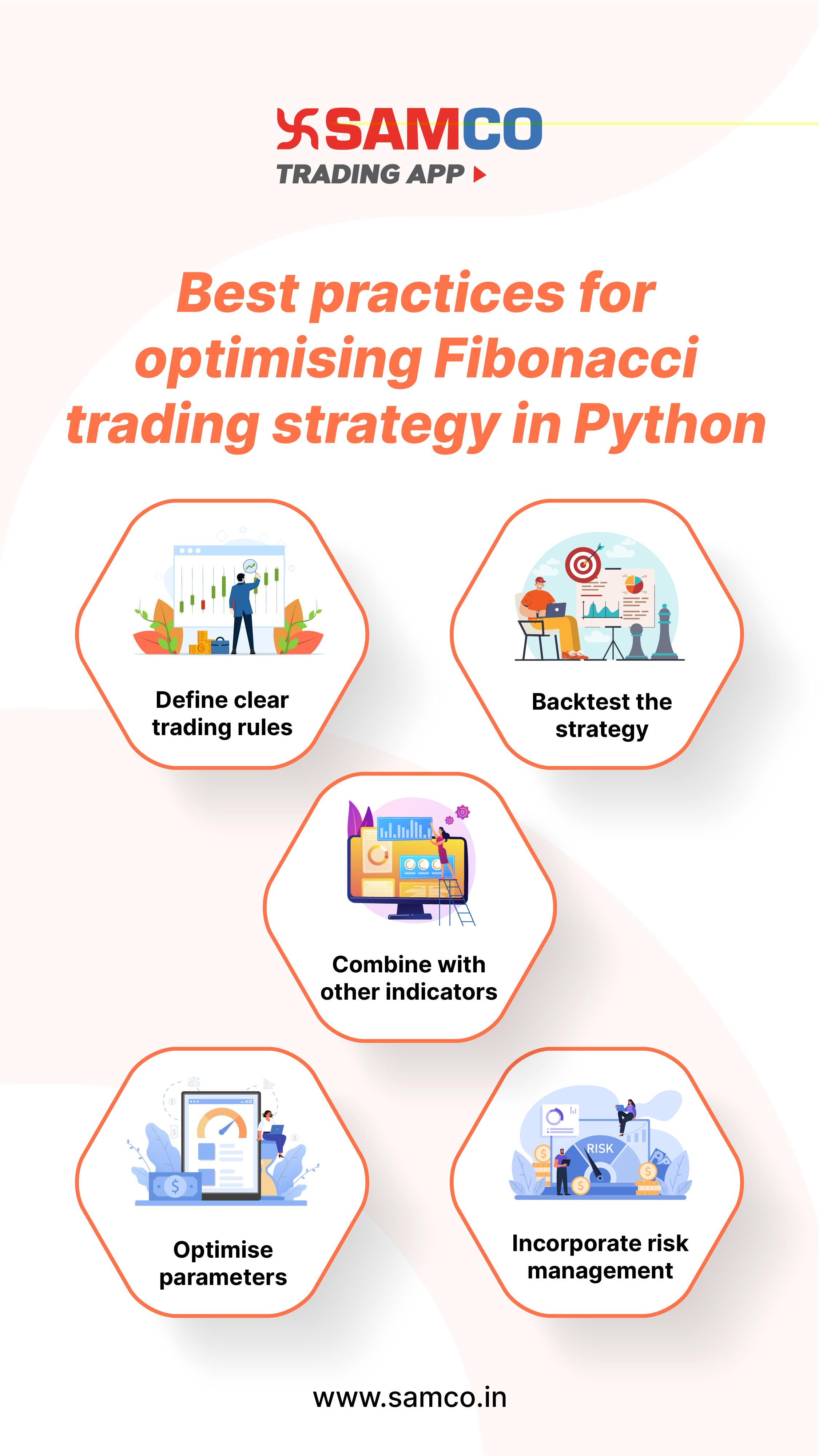In the ever-evolving world of skill acquisition, the allure of beginners-avoid-complex-meditation-styles/” title=”Should Beginners Avoid Complex Meditation Styles”>advanced techniques often beckons with the promise of mastery and excellence. Yet, beneath the surface of this enticing journey lies a question worth pondering: can the very strategies designed to elevate experts inadvertently hinder those at the beginning of their path? As beginners embark on their quests for knowledge and proficiency, the interplay between foundational learning and sophisticated methodologies becomes a delicate dance. This article delves into the potential pitfalls and benefits of advanced techniques for novices, exploring whether these high-level approaches are a boon or a burden for those just starting out. Join us as we navigate the intricate landscape where ambition meets ability, and discover the impact that advanced techniques can have on the unseasoned learner.
Navigating the Complex World of Advanced Techniques
In the realm of skill development, beginners often find themselves enthralled by the allure of advanced techniques. These sophisticated methods, while undeniably effective, can sometimes pose challenges for those just starting out. Complex techniques can lead to confusion, overwhelm, and even a sense of inadequacy, potentially stifling the initial enthusiasm that drives learning. For beginners, the key lies in striking a balance between ambition and practicality. It’s crucial to build a solid foundation, allowing the intricate layers of advanced methods to enhance rather than hinder their journey.
- Overwhelming Complexity: Beginners might struggle with the intricate details, leading to frustration.
- Misguided Focus: Jumping ahead can divert attention from essential basics, slowing overall progress.
- False Confidence: Attempting advanced techniques prematurely can create an illusion of mastery.
While advanced techniques hold the promise of mastery, their premature application can lead to pitfalls. A thoughtful approach, emphasizing gradual learning and understanding, ensures that the path to proficiency remains clear and rewarding.

Understanding the Risks: When Complexity Overwhelms Beginners
In the world of learning, the allure of advanced techniques can be enticing, promising to unlock new realms of skill and understanding. However, for beginners, this complexity can often become a double-edged sword. Instead of enlightenment, they may find themselves overwhelmed, leading to frustration and potentially stalling their progress. The intricate details and nuanced strategies intended for seasoned practitioners might not only confuse but also discourage those just starting out. Here are some potential risks when beginners dive too deep too soon:
- Information Overload: Being bombarded with advanced concepts can create cognitive overload, making it difficult for newcomers to grasp the fundamentals.
- Decreased Motivation: Struggling with techniques beyond their current level can lead to a loss of confidence and motivation.
- Misapplication of Techniques: Without a solid understanding of the basics, beginners may misapply advanced strategies, leading to ineffective results.
- Increased Anxiety: The pressure to quickly master complex skills can heighten anxiety, detracting from the learning experience.
To prevent these pitfalls, it is crucial for educators and learners alike to balance the excitement of advanced knowledge with the foundational skills necessary for true mastery. By doing so, the journey of learning remains both effective and enjoyable.

Bridging the Gap: Tailoring Techniques to Suit Novice Needs
In the quest to master a new skill, beginners often face the challenge of deciphering advanced techniques. While these methods are designed to enhance performance and efficiency, they can sometimes become overwhelming for those just starting out. It’s crucial to adapt these techniques to fit the learning curve of novices. Here are some ways to make advanced strategies more accessible:
- Simplification: Break down complex techniques into smaller, more manageable steps. This not only helps in understanding but also boosts confidence.
- Progressive Learning: Introduce advanced methods gradually. Start with the basics and build up to more intricate strategies as the learner gains proficiency.
- Visualization: Use diagrams, flowcharts, or even storytelling to illustrate complex ideas. Visual aids can bridge the gap between abstract concepts and practical application.
- Feedback Loops: Encourage constant feedback to tailor the learning process. Understanding what works and what doesn’t can help in adjusting techniques to better suit individual needs.
By customizing advanced techniques to suit the pace and understanding of beginners, the learning experience becomes not only more effective but also more enjoyable. This approach ensures that advanced strategies empower rather than overwhelm, fostering a more inclusive learning environment.

Empowering Beginners: Strategies for Safe Skill Development
When it comes to developing new skills, the journey can be both exciting and daunting for beginners. To ensure a safe and productive experience, it is crucial to adopt strategies that nurture growth without overwhelming the learner. Here are some effective approaches:
- Start Small: Break down complex techniques into manageable steps. This allows beginners to grasp foundational elements before moving on to more intricate aspects.
- Practice Patience: Encourage a mindset of gradual improvement. Instant mastery is rare, and fostering patience helps in maintaining motivation and reducing frustration.
- Seek Guidance: Learning from experienced mentors can provide valuable insights and prevent common pitfalls. Their feedback can offer a new perspective and accelerate progress.
- Embrace Mistakes: Treat errors as learning opportunities. This approach builds resilience and helps in refining techniques over time.
By implementing these strategies, beginners can cultivate a safe environment that promotes skill development without the risk of being overwhelmed by advanced techniques too early in their journey.
Closing Remarks
As we navigate the intricate dance between progress and foundation, the question of whether advanced techniques can harm beginners remains a compelling narrative in the journey of learning. It is a reminder that every path, though varied in its twists and turns, requires a balance of patience and ambition. While advanced techniques shimmer with the allure of mastery, the essence of growth lies in the embrace of fundamental skills. By nurturing a learning environment that respects the pace of each individual, we can ensure that the bridge from novice to expert is both sturdy and inspiring. As the sun sets on this exploration, let us carry forward the wisdom that every great leap begins with a single, well-placed step.
